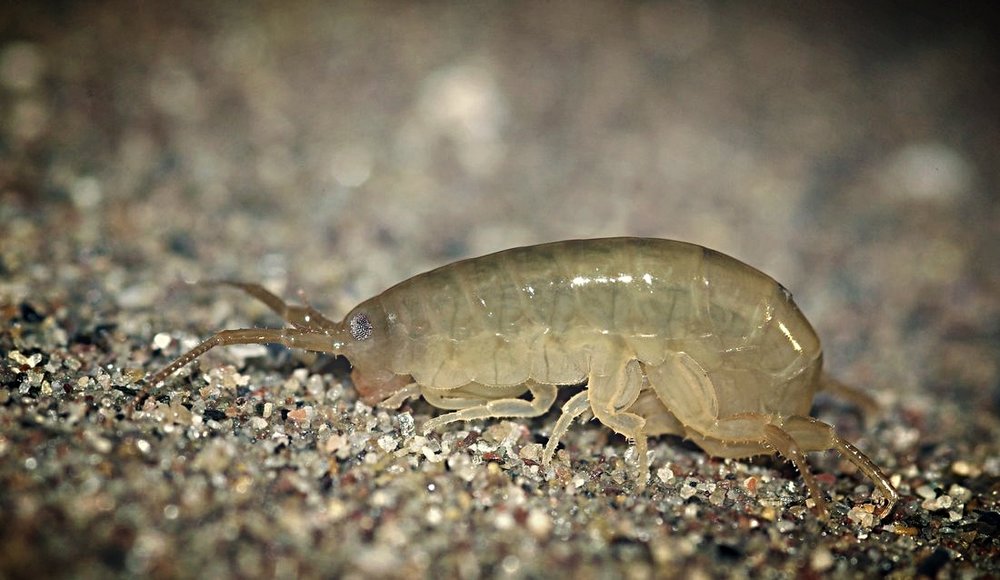Tungiasis, a tropical disease associated with poverty, is caused by the penetration of female sand fleas into a person’s skin, usually in their toes or feet. This week in PLOS Neglected Tropical Diseases, researchers report five cases of severe tungiasis to illustrate how the disease may develop into a life-threatening condition. When the female sand flea (Tunga penetrans or Tunga trimamillata) penetrates the skin, it begins quickly growing. Within days, this growth causes intense inflammation with pain and itching. Generally, once all eggs are expelled into the environment through a tiny hole in…
Read MoreAuthor: Tom Patriot
Custom 4 Links
The ways of wisdom in schizophrenia
While wisdom is closely linked to improved health and well-being, its role and impact among persons with schizophrenia, possibly the most devastating of mental illnesses, is not known. In a new paper, publishing February 14, 2019 in Schizophrenia Research, researchers at University of California San Diego School of Medicine report that, on average, persons with schizophrenia (PwS) obtained lower scores on a wisdom assessment than non-psychiatric comparison participants (NPCPs), but that there was considerable variability in levels of wisdom. Nearly one-third of PwS had scores in the “normal” range, and these…
Read MoreKhloé Kardashian Claps Back at Mom-Shamers Who Say Her Nails Are Too Long: ‘I Manage Just Fine’
The clap back queen is at it again. Khloé Kardashian took to Twitter to call out mom-shamers on social media who continue to comment on the length of her nails. “It’s annoying when people talk about my nails,” she began her Tweet. “Trust me, I manage just fine. The same way I take care of myself, I take care of my baby. There are more serious things to discuss. At least I would hope. happy Monday to you.” The backlash started when Kardashian, mom to 10-month-old True Thompson, posted a photo of her matte red…
Read MoreExercise might improve health by increasing gut bacterial diversity
Bacteria, often synonymous with infection and disease, may have an unfair reputation. Research indicates there are as many, if not more, bacterial cells in our bodies as human cells, meaning they play an important role in our physiology (1). In fact, a growing body of evidence shows that greater gut microbiota diversity (the number of different species and evenness of these species’ populations) is related to better health. Now, research published in Experimental Physiology has suggested that the efficiency with which we transport oxygen to our tissues (cardiorespiratory fitness) is a far…
Read More




